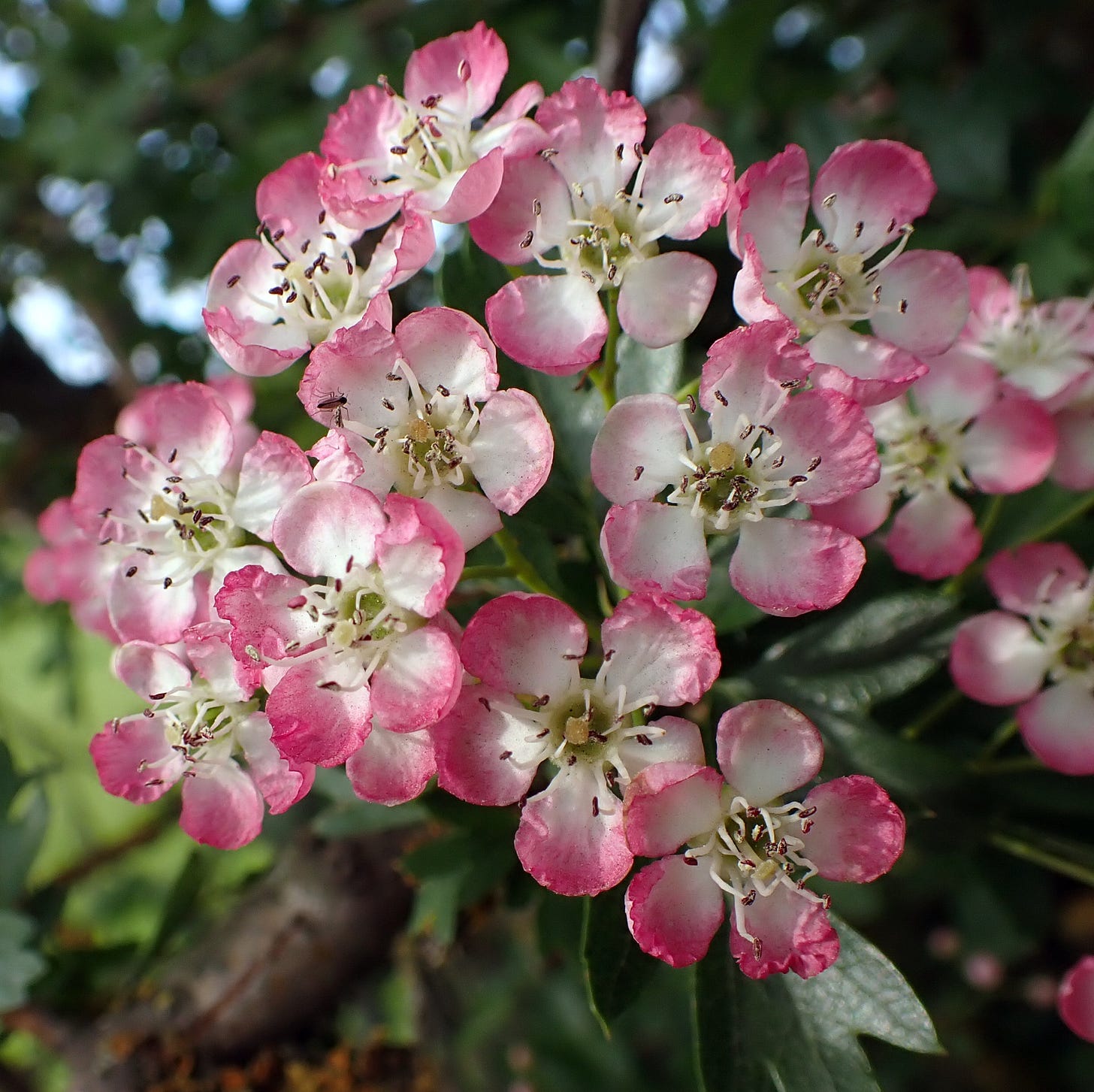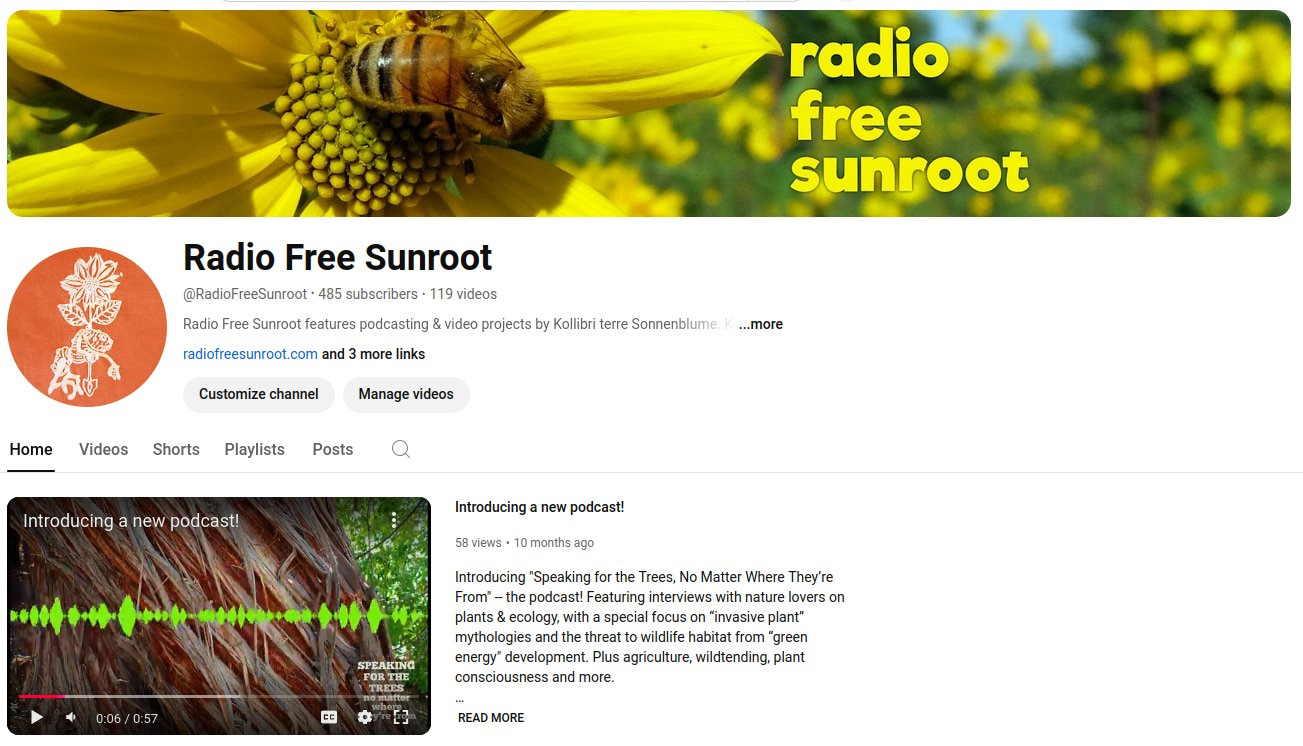Last week,
posted this interview with me at her Substack, . You should for sure check out her post because it contains the video interview in full and a few excerpts, as well as her own account of how she came to be interested in the topic of “invasives,” and her reflections on our conversation. Be sure to subscribe while you’re there!The subject of our discussion: so-called "invasive plants." We dove into many of the basic critiques of this common but highly dubious narrative, covered much of what the science says and doesn't say, and also discussed what cultural beliefs and prejudices feed the narrative.
The title is a reference to the term, “invasive land ethics,” which appears in a 2018 paper, “Anishnaabe Aki: an indigenous perspective on the global threat of invasive species,” published in the peer-reviewed journal Sustainability Science:
Colonialism’s ongoing legacy and consequences are significant to Anishnaabe understandings of environmental change, though in ways that are more nuanced than a native and nonnative binary. In the broadest sense, settler colonialism in North America radically disrupted Anishnaabe connections to place, livelihoods, and social relations with non-humans (White 1991; Norrgard 2014). Our interview data provide insights into connections between settler colonialism and invasive species. We found that Anishnaabe tradition bearers are more concerned about an “invasive land ethic” than the threats of invasive species. Elements of this invasive land ethic include the imposition of Euro-American property ownership regimes, “command and control” forms of environmental management, and a worldview predicated on the separation of people from nature. Our interlocutors described the ways this invasive land ethic manifests in nonindigenous governmental and NGO approaches to invasive species management. [my emphasis]
Big thanks to Amy for inviting me to have this conversation! I enjoyed it.
I’ve posted the interview as a “bonus” episode to my own podcast, “Speaking for the Trees, No Matter Where They’re From.” Please subscribe wherever you listen to podcasts, or at my YouTube channel Radio Free Sunroot.
Two important links:
Conservation Sense & Nonsense
(A website I recommend in the interview)Source of the term “invasive land ethics”:
“Anishnaabe Aki: an indigenous perspective on the global threat of invasive species” (Reo, Nicholas & Ogden, Laura. (2018). “Sustainability Science.” 13. 10.1007/s11625-018-0571-4.)











Share this post